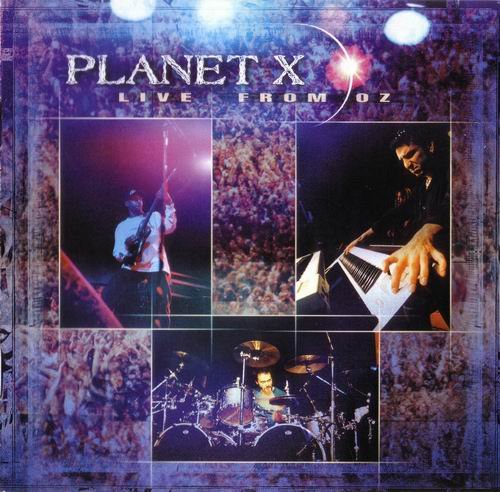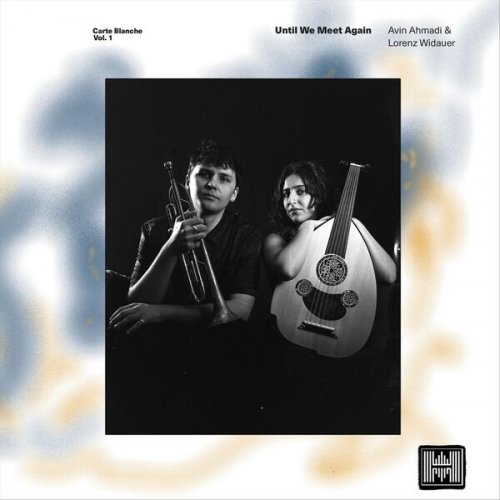Kristina Hammarström, Anna Paradiso - Ridderstolpe: Untold Tales (2024) [Hi-Res] [Dolby Atmos]
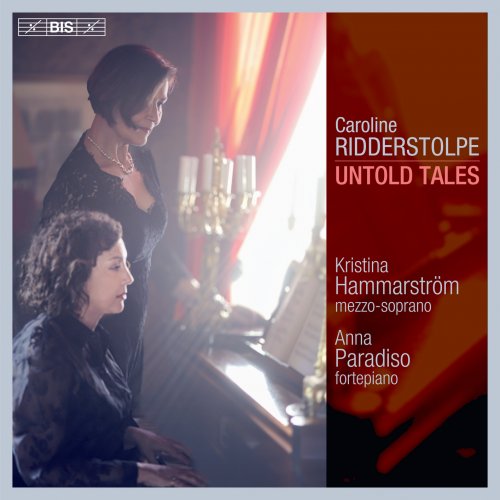
Artist: Kristina Hammarström, Anna Paradiso
Title: Ridderstolpe: Untold Tales
Year Of Release: 2024
Label: BIS
Genre: Classical
Quality: Dolby Atmos (E-AC-3 JOC) / flac lossless (tracks) / flac 24bits - 96.0kHz +Booklet
Total Time: 01:02:12
Total Size: 347 / 267 / 1023 mb
WebSite: Album Preview
TracklistTitle: Ridderstolpe: Untold Tales
Year Of Release: 2024
Label: BIS
Genre: Classical
Quality: Dolby Atmos (E-AC-3 JOC) / flac lossless (tracks) / flac 24bits - 96.0kHz +Booklet
Total Time: 01:02:12
Total Size: 347 / 267 / 1023 mb
WebSite: Album Preview
01. Vad vill den ensamma tåren
02. De tvenne källorna
03. Otros artiklar
04. Lied ohne Worte
05. Flickan i Sätersdal
06. Vår och höst
07. Uppenbarelsen
08. Budskapen
09. Sostenuto con molta espressione
10. Vad är glädjen
11. Kontemplation
12. Den tiggande modren
13. Ett barns aftonsbön
14. Nichts und Etwas
15. Din kärlek
16. Lied ohne Worte - Poco Larghetto
17. Längtan
Caroline Ridderstolpe’s music remained virtually unknown for almost 200 years until Anna Paradiso rediscovered it as part of her research into nineteenth-century Swedish salon music. Born in Berlin, Ridderstolpe received an extensive musical education that included singing, instrument-playing, and composition. After her marriage to a member of the Swedish aristocracy, she settled in Sweden, participated in the salons held at the royal court, and socialised with some of the finest musicians, writers, and painters of her time.
Ridderstolpe mainly composed songs and pieces for solo piano that belong to the genre of salon music, which, far from being mediocre as is sometimes claimed, actually allows greater intimacy with the listeners. Ridderstolpe’s songs are often based on poems by Swedish writers and represent a perfect union of text and music. According to Anna Paradiso, Caroline Ridderstolpe’s music has a kind of sadness and depth that could be described as ‘modern’, reminiscent of the lieder of Beethoven, Schubert, and the Schumanns.
In keeping with the soundscape of Ridderstolpe’s era, the music is performed here by Anna Paradiso on an original square piano. Its particularity and charm lie not in the evenness of all the notes as one might expect from a modern instrument, but rather in the independent beauty of each string. This instrument is combined with the expressive voice of the eminent mezzo-soprano Kristina Hammarström. By giving once more a voice to Caroline Ridderstolpe’s music, the performers wish to cast new light on women’s power over their own creativity and therefore over their own lives.
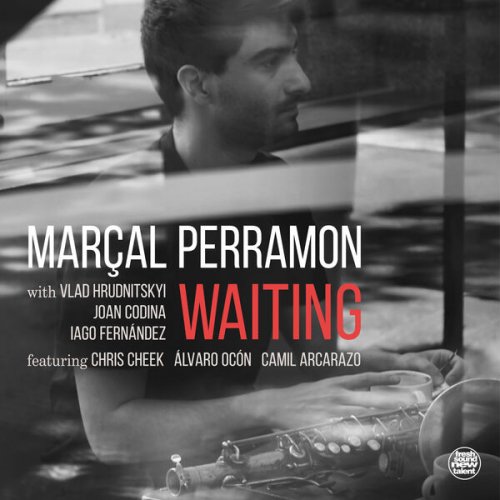
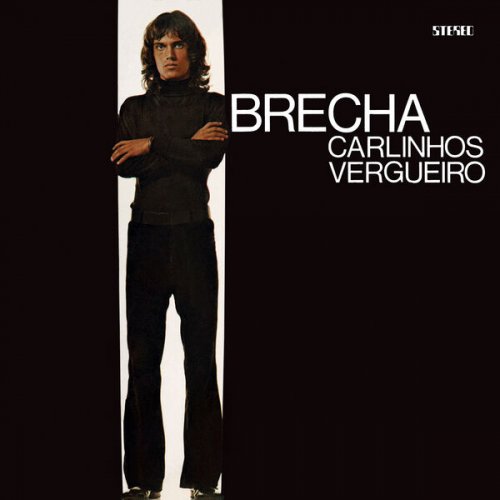
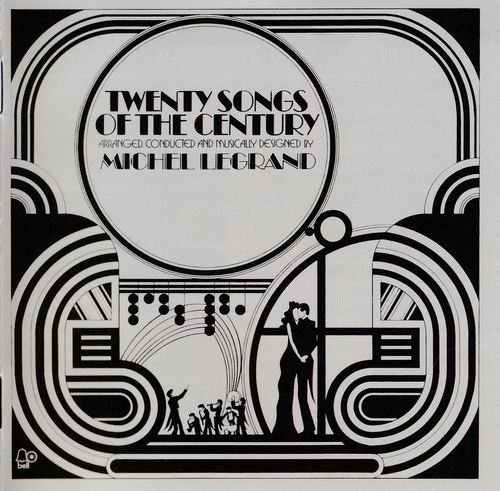
![NYO Jazz - Live in Johannesburg (Live) (2025) [Hi-Res] NYO Jazz - Live in Johannesburg (Live) (2025) [Hi-Res]](https://www.dibpic.com/uploads/posts/2025-12/1765894703_zwp14vk90corb_600.jpg)
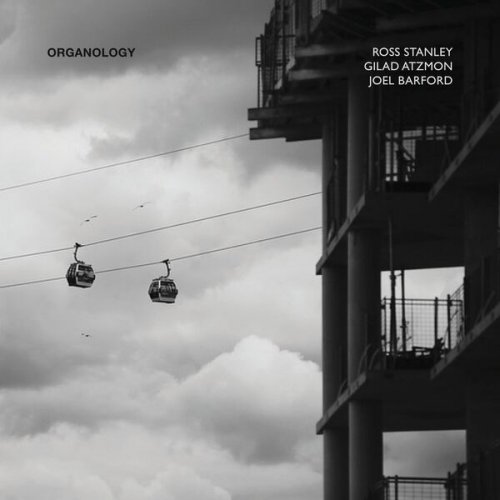

![Tomasz Stańko - Piece for Diana and Other Ballads (Polish Radio Sessions vol. 1/6) (2025) [Hi-Res] Tomasz Stańko - Piece for Diana and Other Ballads (Polish Radio Sessions vol. 1/6) (2025) [Hi-Res]](https://www.dibpic.com/uploads/posts/2025-12/1765788761_cover.jpg)
